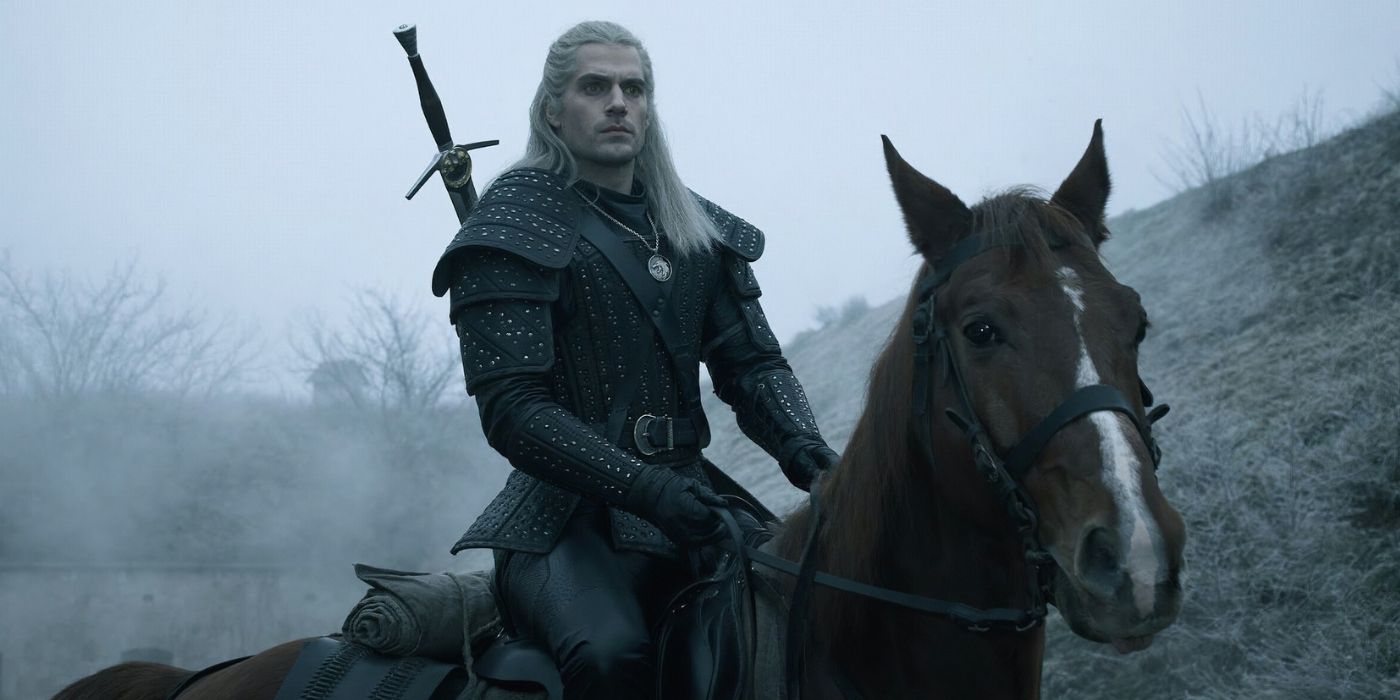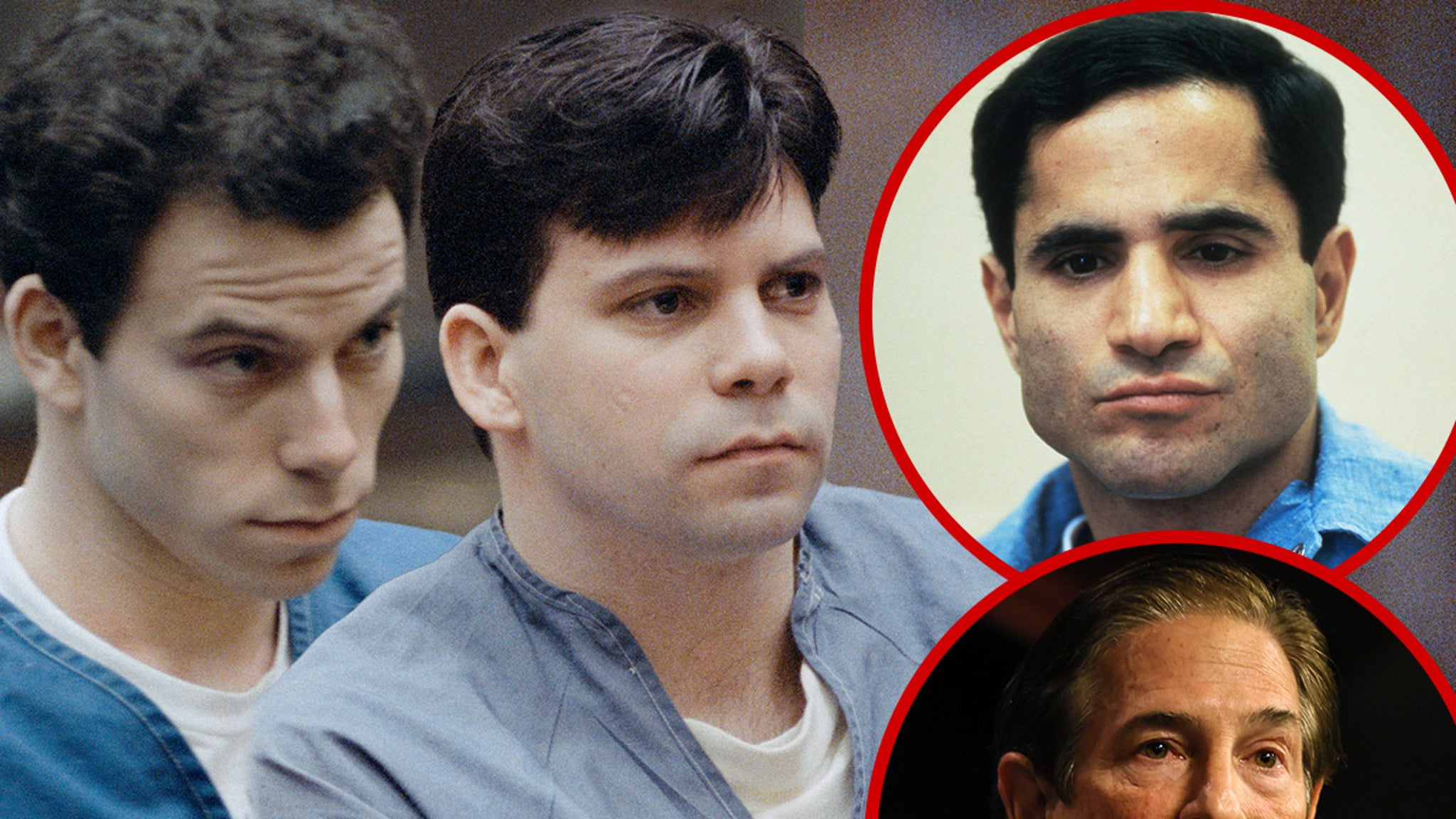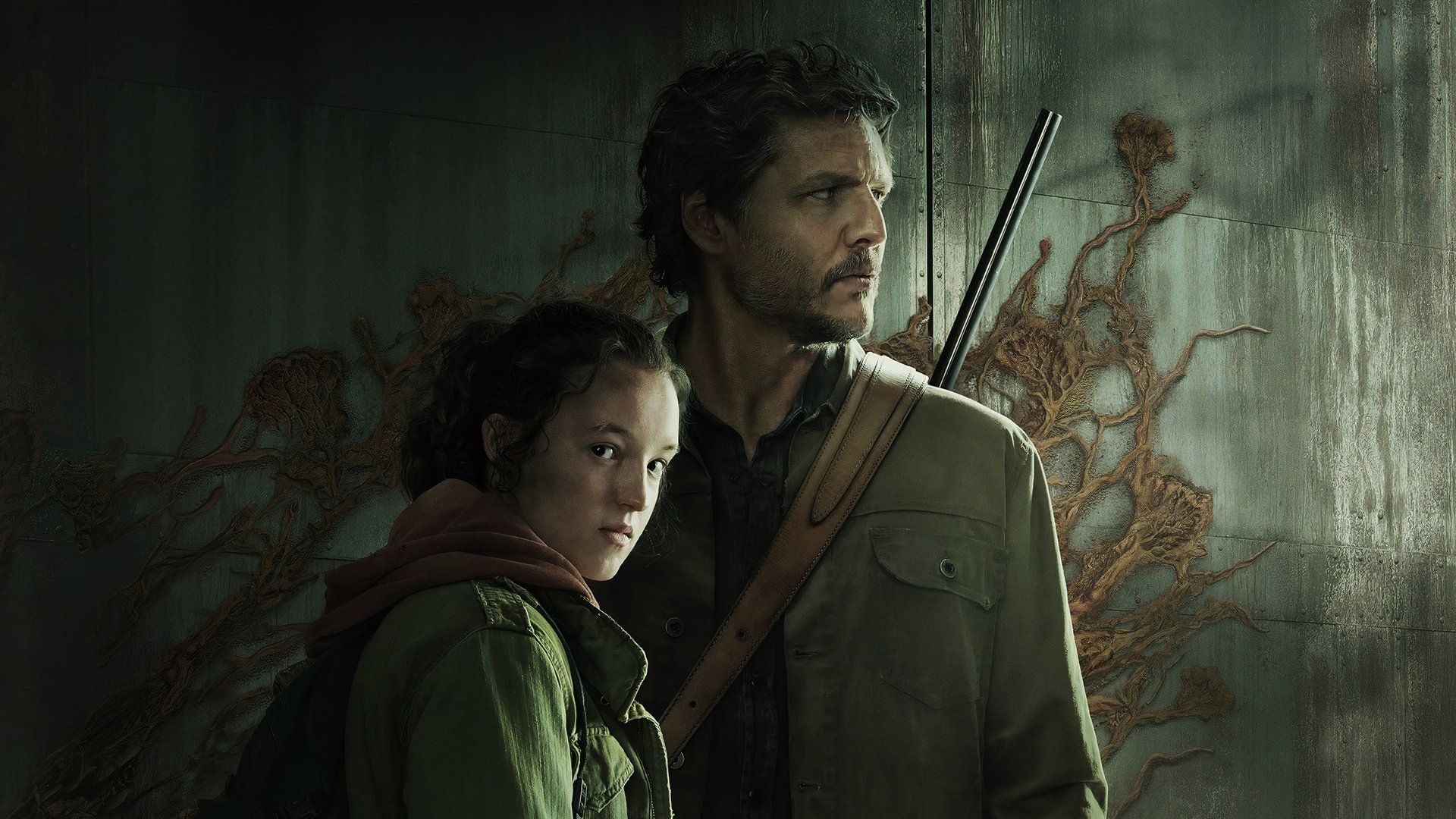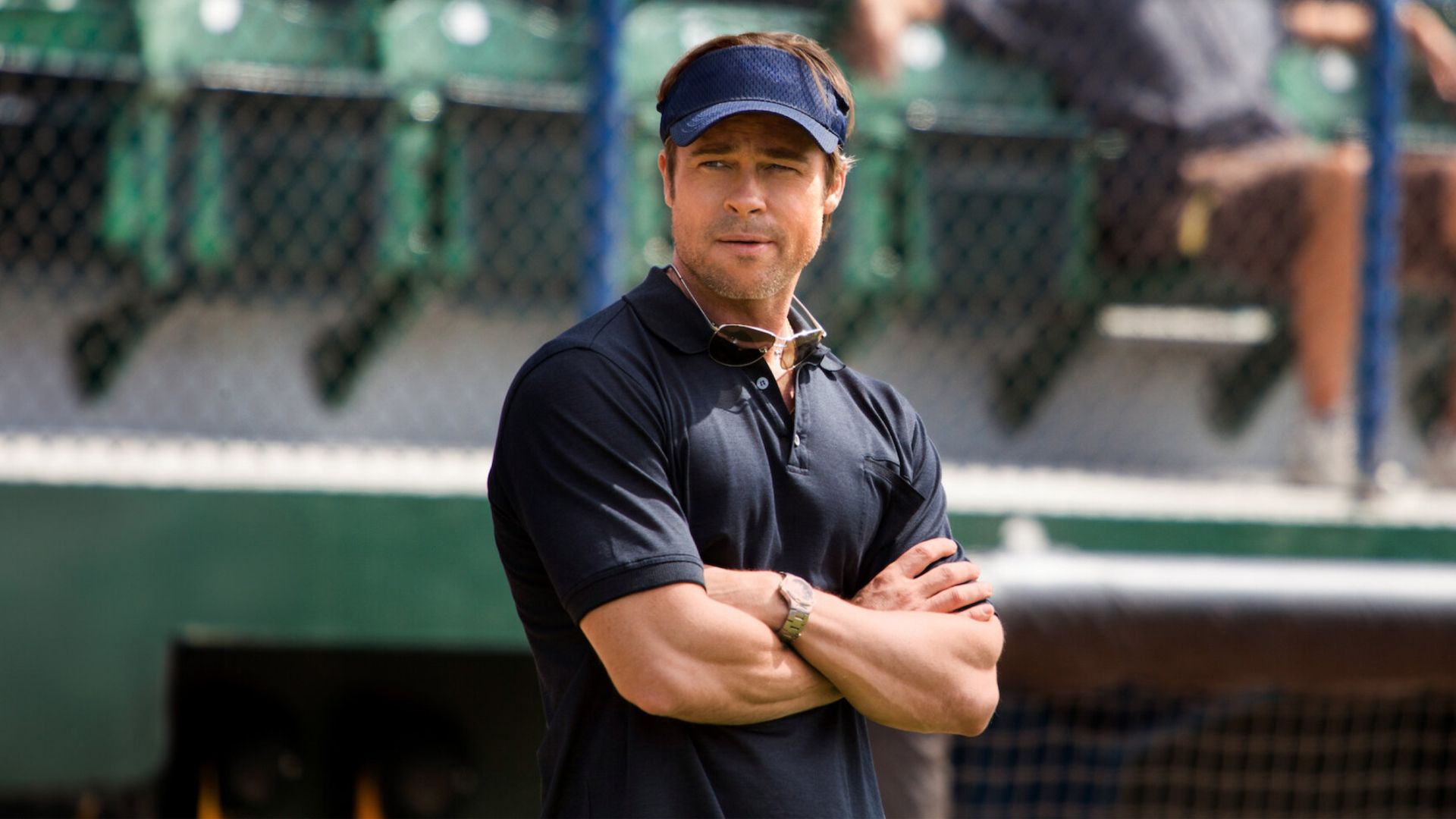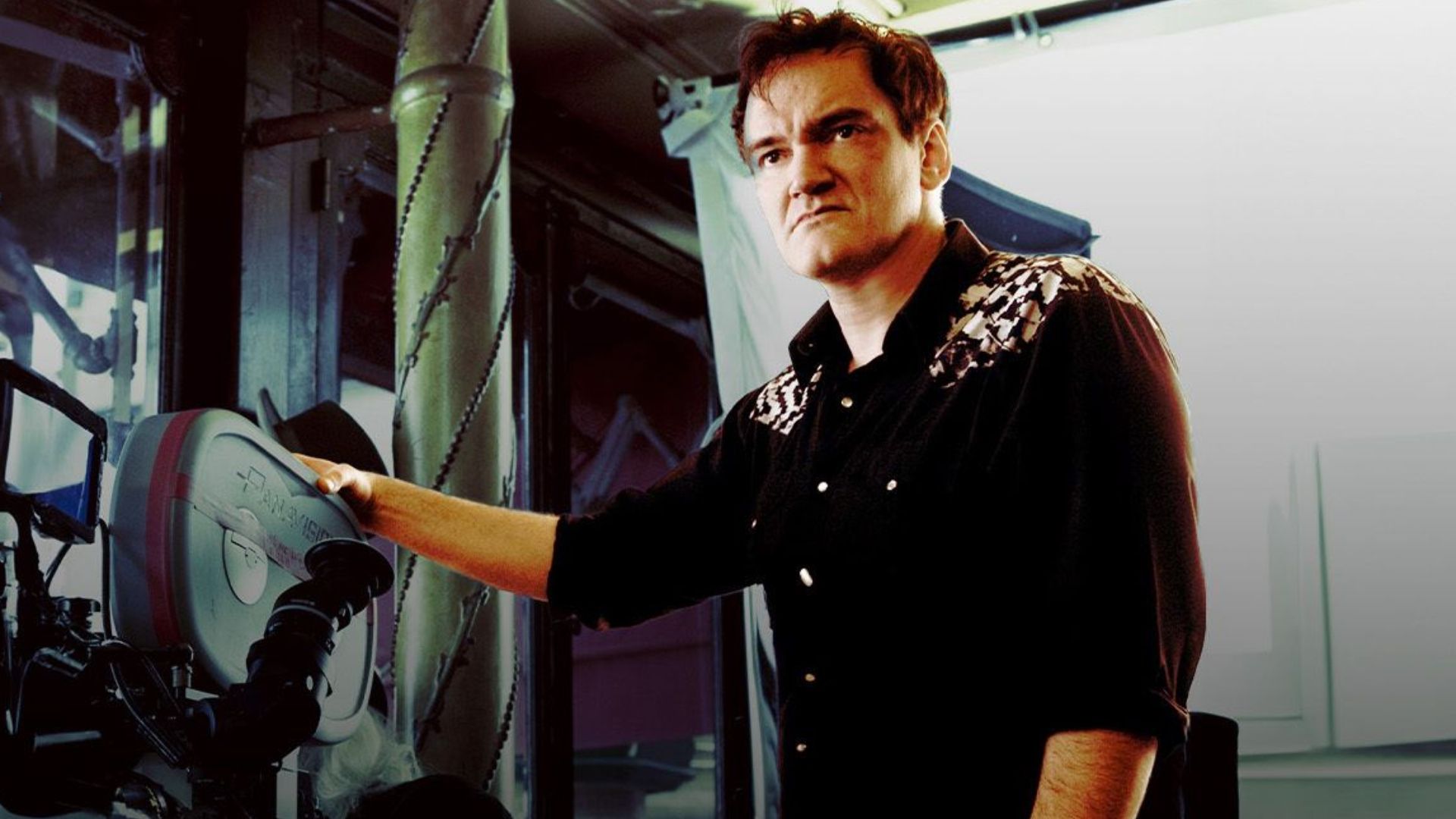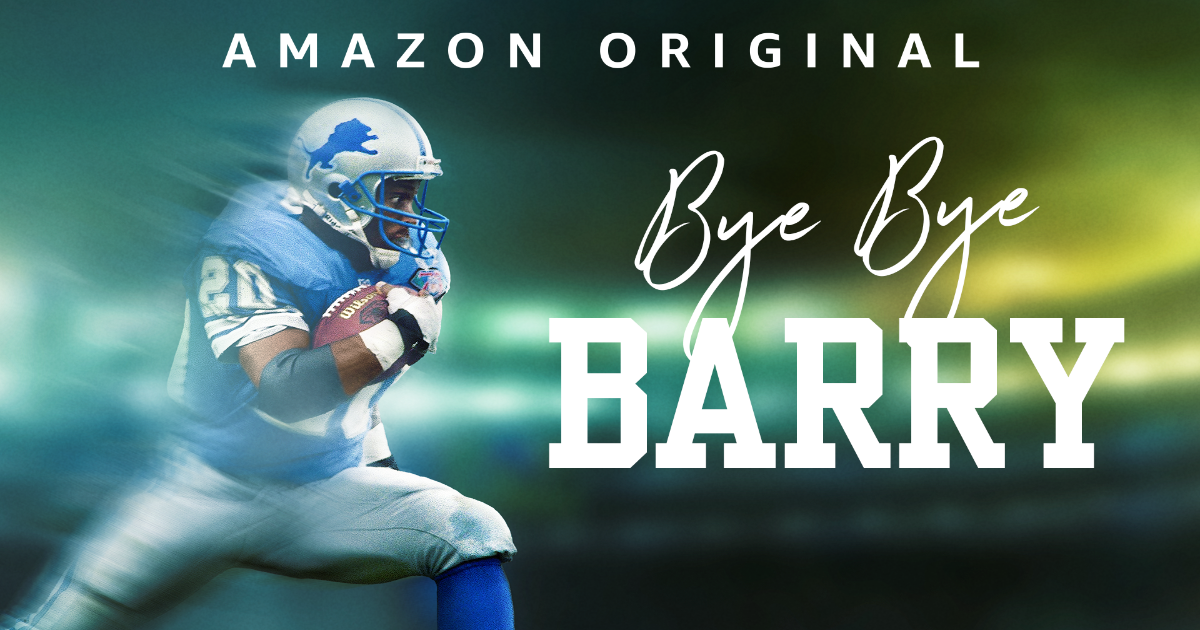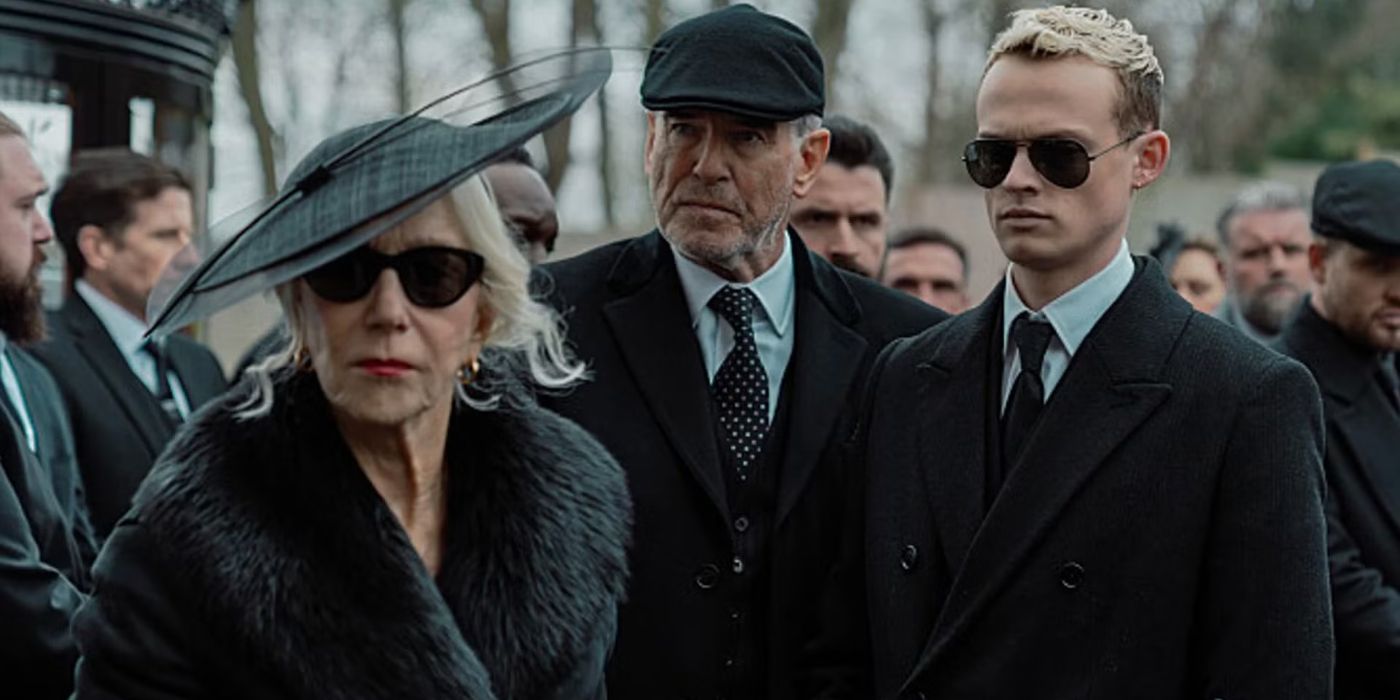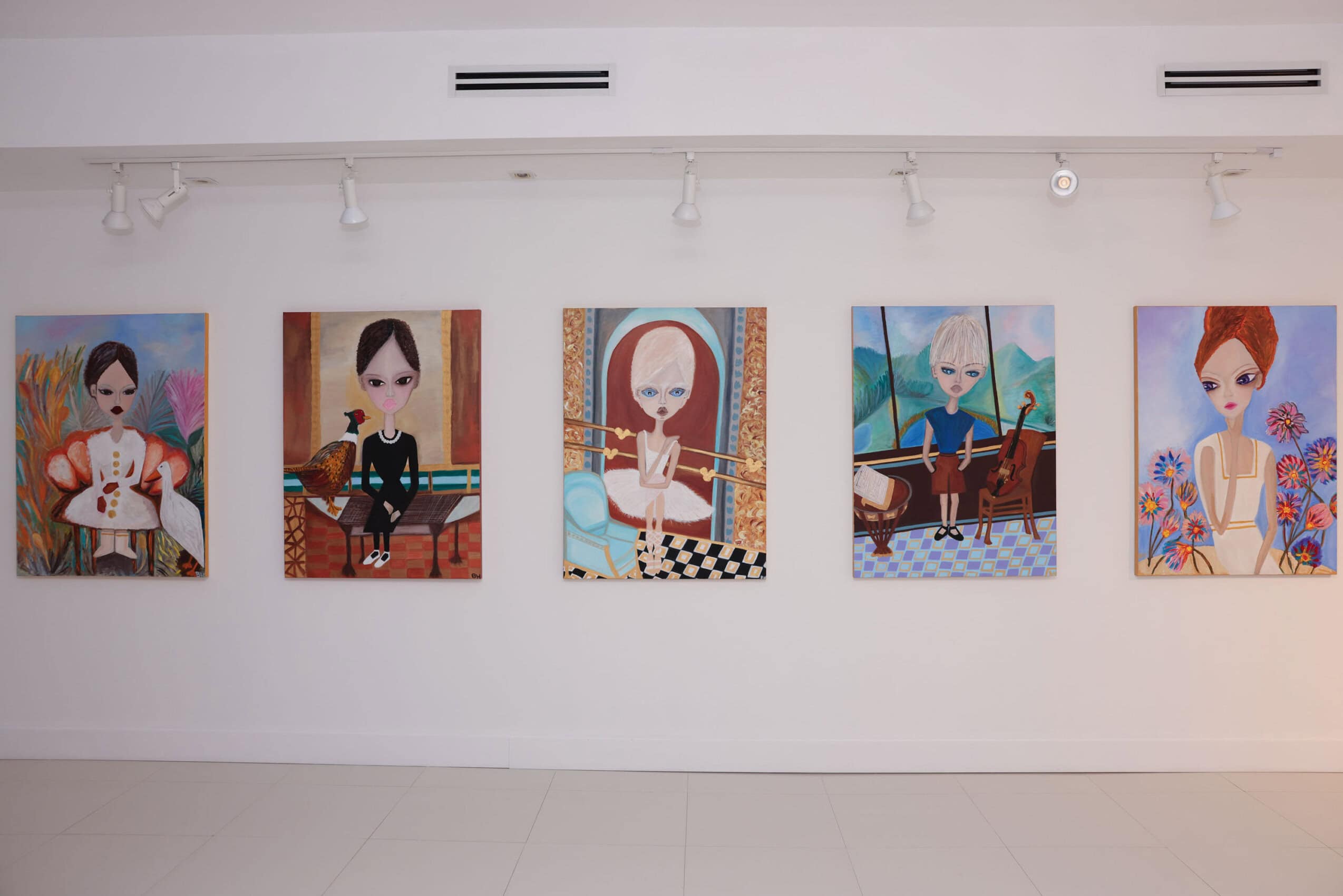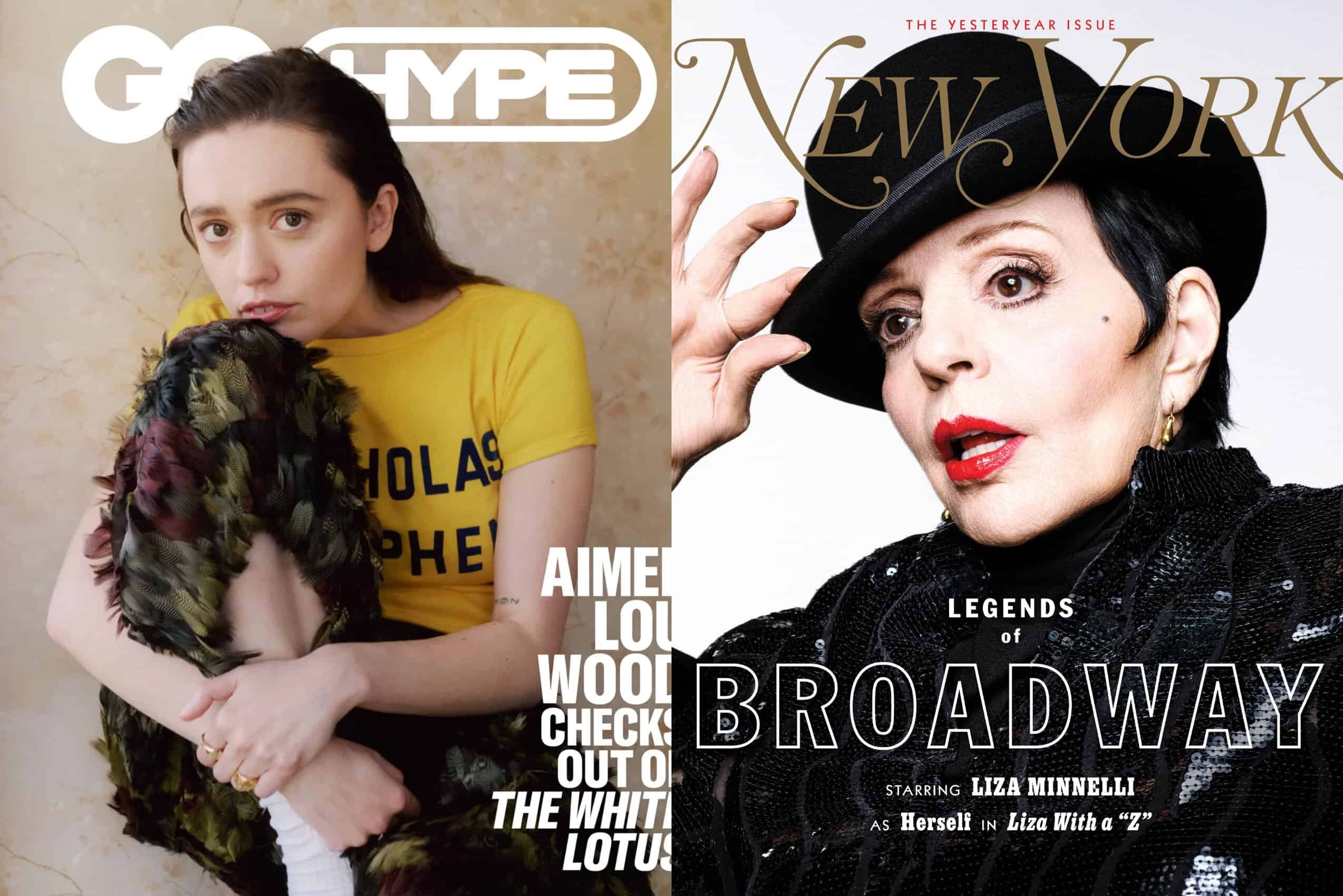As those who have been attending film festivals for any amount of time can attest, after watching the usual array of awards-bait titles and the kind of forgettable fodder that never manages to get any play outside of the festival circuit for a while, sometimes you are just in the mood for something a bit … different. The kind of film featuring wild plotting, bizarre humor, and plenty of sex, violence, and straight-up weirdness—the stuff that might appall more straight-laced viewers but appeal to those who embrace more outré approaches.
Those are precisely the qualities that the Chicago International Film Festival’s After Dark sidebar has represented in the years since its inception. This year’s lineup is no exception, bringing together everything from folk horror to the perils of modern technology and including plenty of icky parts as well for those into that sort of thing.
The big name among the films appearing in this year’s collection of titles was “Cloud,” the latest film from Kiyoshi Kurosawa, the man behind such cult horror favorites as “Cure” and “Pulse.” However, those expecting similar thrills, chills, and eeriness here may be surprised to discover that this particular one eschews all hints of the supernatural to confront a more mundane, if more familiar, nightmare—online rip-off artists. Ambitious factory worker Yushii (Masaki Suda) tries to get ahead in business by buying lots of low-grade junk and discontinued items via auctions and ads and then presenting them for sale online, under an alias, as top-line products at inflated prices.
He becomes good enough at this to quit his straight job and go into reselling full-time, relocating to a remote location in the country with his equally ambitious girlfriend Akiko (Kotone Furukawa). Not remote enough, it turns out, as Yushii begins to feel the squeeze from both the police, who are close to proving that he is selling counterfeit good and his burned former customers, who have begun to band together online in the hopes of figuring out where he is so that they can get back at him.
What I have described of the plot covers roughly the first half of the film. It is by far the better half as Kurosawa deftly weaves together moments of suspense and social satire while pulling off the not-inconsiderable trick of making his central character sort of sympathetic without ever letting you forget that he is also a greedy, self-serving bastard at every turn. At this point, the film takes a couple of bizarre turns as Yushii’s antagonists move from anonymous online voices to very real, very angry people. The narrative drops all pretenses of complexity as it turns into an extended gun battle set inside a sprawling factory complex that takes up virtually all of the last third of the running time.
As lengthy action sequences go, Kurosawa stages it with plentiful skill and style. Still, after a while, it grows a little tiresome and frustrating, especially as the complex character of Yushii is mostly reduced to ducking bullets. “Cloud” is certainly watchable, especially due to the opening scenes and Suda’s skillful performance. Still, I suspect that those viewers who respond to those elements as strongly as I did may find themselves largely mystified by its gradual devolution into just another empty shoot-em-up.
Among those making their debuts in this year’s sidebar is Sasha Rainbow and her first feature film, “Grafted.” It tells the story of Wei (Joyena Sun), a brilliant but withdrawn Chinese medical student who is heading off to New Zealand to live with her aunt and cousin while continuing her studies at a prestigious university with the hopes of completing the work of her father, a scientist whose attempts to create a radical new form of skin graft technology go gruesomely long in the film’s prologue. Unfortunately for her, her aunt is frequently absent, and cousin Angela (Jess Hong) is a cruel snob who, along with her friends, constantly mocks Wei for her prominent facial blemish and her adherence to family traditions.
Nevertheless, she does make her big breakthrough, but her sleazoid professor (Jared Turner) then steals her work in order to claim it as his own. Finally pushed too far, Wei lashes out violently, and to cover up what she has done, she uses a combination of her creation and gruesome ingenuity. While it works for a little bit, things begin to spiral out of control, and Wei is forced to increasingly gory extremes to prevent anyone from discovering her grisly secret.
“Grafted” is one of those movies where viewers can challenge each other to see who can come up with the longest list of films that served as an influence on this one—“Eyes without a Face,” “The Girl Most Likely To …,” “Face/Off,” “May” and “Mean Girls” for starters. Rainbow, who also co-wrote the screenplay, clearly seems to have good taste when it comes to other people’s films but has created one that is unlikely to influence others in the future. Although the early scenes are not uninteresting and Sun makes for a sympathetic central character, the story soon unravels. It never figures out whether it’s trying to be a straightforward horror-revenge thriller, a satirical look at societal beauty standards, or a metaphor for the horrors of trying to assimilate into a new culture. It winds up flitting between each of them for a while before finally giving up entirely and letting the proceedings devolve into an unrelenting bloodbath in the final scenes.
“Grafted” has been made with evident technical skill, and those who just want to watch the gore fly might get a mild kick out of it. But anyone hoping to find something of Substance (pun intended) will come away from it disappointed.
A more effective blend of familiar genre tropes and graphic bloodshed comes in the form of “Parvulos,” an eccentric and ambitious apocalyptic thriller from Mexican filmmaker Isaac Ezban. In the wake of a pandemic that has decimated most of the world’s population, three brothers—teenager Salvador (Felix Farid Escalante), tween Oliver (Leonardo Cervantes), and young Benjamin (Mateo Ortega)—live in isolation in a gated compound from which they occasionally emerge to hunt for food and water. There is also something apparently lurking in the basement that Salvador occasionally goes down to feed with the help of Oliver but forbids the curious Benjamin from seeing.
Inevitably, the young one sneaks down and discovers—semi-Spoiler Alert—that the something is actually their parents, both of whom have been transformed into hideous zombies after having taking a faulty vaccine put on the market during the panic of the pandemic. Although his brothers are resigned to the fact that Mom and Dad will never be the same, Benjamin is convinced that they can be brought back to something resembling normalcy with proper training. Soon, the brothers are reading stories to them, taking them for walks and even celebrating the Christmas holiday after a fashion.
Even if you have grown as tired of zombie-related narratives as I have, the first half of “Parvulos” will likely strike you as an uncommonly effective variation on that standard theme. The early scenes setting up the basic premise, the relationship between the brothers and how they have adapted to their new circumstances are strong and contain all sorts of intriguingly quirky details reminiscent of the oddities found in the works of Jean-Pierre Jeunet and Terry Gilliam without coming across as mere copies. (I especially love the depiction of a VCR run via bicycle power, not to mention the revelation of the only film in their collection.)
Once the discovery of the parents is made, the film keeps up its sense of dark humor but also nicely introduces a certain level of pathos that gives the material an emotional heft not always found in films of this sort. It’s a bummer, then, that about the halfway point, the film starts to succumb to the usual trappings of the zombie genre, bringing in several characters—including a young woman (Carla Adell) who relives Salvador of his virginity and a member of an apocalyptic religious cult—whose gruesome fates you can easily guess, and whose presence only serves to upend the more interesting dynamic between the brothers. This turn is disappointing, to be sure. Still, between the genuinely interesting first half, the performances from the three young leads, and the arresting visual style supplied by cinematographer Rodrigo Sandoval Vega Gil and art director Adele Achar, “Parvulos” is worth checking out.
You can view the original article HERE.


